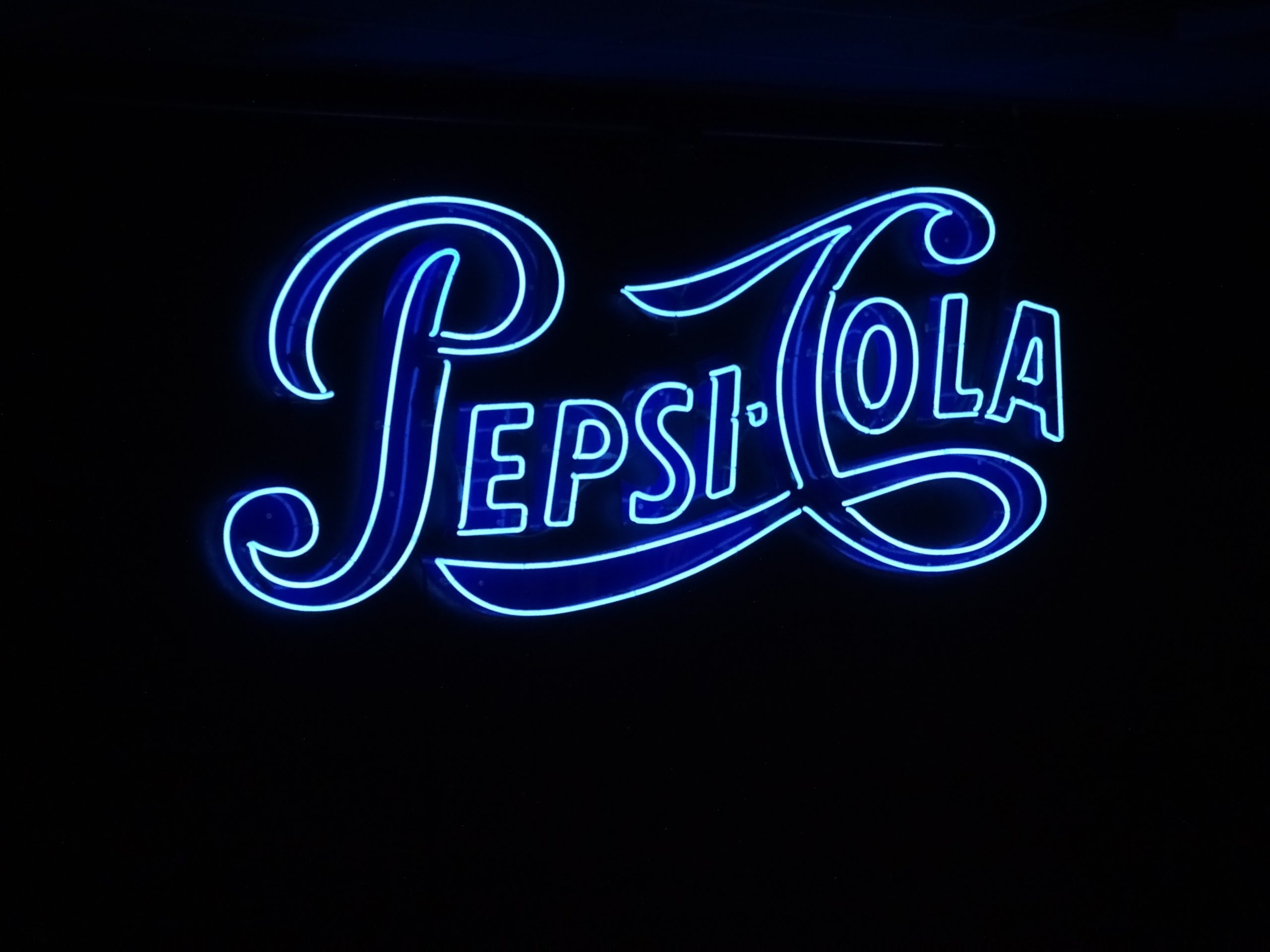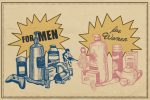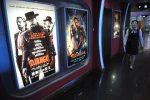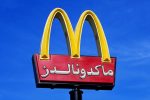It would be a disservice to claim that the Pepsi-Cola Company (PepsiCo) is the inferior rival of the Coca-Cola Company. PepsiCo is a gigantic corporation, and it’s appropriate to consider it proportional to, if not better than, Coca-Cola. Considered one of the largest companies in the world, PepsiCo has constantly found alternative measures to compete with Coca-Cola in the prominent “Cola Wars.” Nevertheless, not all of their advertising strategies were created equal. In fact, one of these misguided campaigns has gone down as one of the biggest discomfitures in commercial advertising history: Leonard v. PepsiCo, Inc.
The debacle started in 1996, when PepsiCo implemented a marketing campaign called “Drink Pepsi, Get Stuff.” Consumers of the Pepsi drink could accumulate “Pepsi Points” and exchange them for physical items, such as a t-shirt or sunglasses. One of the promotional commercials for that year’s Super Bowl amusingly depicted a teenager flying an AV-8 Harrier II jet to his school, claiming he obtained the military jet for seven million “Pepsi Points.”
While the tongue-in-cheek commercial was humorous and served for comical hyperbole, its lack of a disclaimer sparked the interest of John Leonard, a 21-year-old business student. After discovering that one Pepsi point equated to 10 cents through the “Pepsi Points” system, Leonard calculated the possible value needed for the military jet, and found it would cost a little over $700,000. This was a shocking discovery, as the military jet at the time was valued at over $30 million.
Once Leonard recognized the loophole, he collaborated with five investors to write out a check to secure the military jet. Unsurprisingly, PepsiCo rejected it since the military jet was not listed in the “Pepsi Points” catalog, and affirmed that the claim in the commercial was an obvious joke. In an effort to soften the blow, the company sent the check back with two coupons.
Leonard filed a lawsuit against PepsiCo for numerous accusations, including breach of contract and misleading advertising. Celebrity attorney Michael Avenatti eventually joined Leonard’s party and represented him during the trial. PepsiCo initially wanted to host the trial in New York City as a more favorable venue, but instead, it was held in Miami, Florida, where Leonard had filed the lawsuit. Prior to the hearing, the company offered the plaintiffs a settlement, but the party refused.
Unfortunately, the case was eventually moved to New York City. PepsiCo jumped on this opportunity and motioned for a summary judgment. The defendants argued that a federal judge could not make an accurate ruling on the matter, and would advocate for a jury that grew up in the “Pepsi Generation,” which was an advertising campaign for Pepsi back in the early 1960s.
Presiding over the case, district court Judge Kimba Wood rejected Leonard’s claims. It was decided that the advertisement featuring the jet as an offer was invalid to a reasonable person. If it even was an option to be offered, no person would constitute a multi-million dollar jet to be sold for only $700,000. Furthermore, the conclusion of the case states that the implication of a teenager riding a jet to school should be inherently recognized as an “exaggerated adolescent fantasy.”
The decision was appealed to the United States Court of Appeals for the Second Circuit by Leonard’s party, but the appellate court’s review affirmed the previous ruling, meaning it was denied a hearing. After the ruling, PepsiCo edited the original commercial and modified the value of the jet from seven million points to seven-hundred million points, with a disclaimer for the jet that said “just kidding.”
What comes as the most frustrating part of the quandary involves the military jet itself. According to the Pentagon, any military jet sold to civilians would have to come without the parts used for military purposes. If Leonard were to miraculously win the case and obtain a military jet, he would have gotten one that was stripped of its ability to land and take off. Essentially, Leonard would not be able to accomplish anything portrayed in the advertisement, and the aircraft would be rendered nearly useless. Leonard, to an extent, would be left with a piece of scrap metal.
It would take multiple decades before “Pepsi, Where’s My Jet?” would be developed into a documentary for Netflix, it was finally released in November of 2022. It explores and dives deep into what exactly happened with the Leonard v. PepsiCo, Inc. court case, as well as gathers interviews from people who were involved in the case. One of Leonard’s investors, Todd Hoffman, is featured with Leonard as they travel through Antarctica and reminisce about the case.
The documentary mentions the successes of PepsiCo’s commercial advertising, the most notable of which feature celebrities like Cindy Crawford and Michael Jackson promoting the drink. On the flip side, the last episode examines “Pepsi Number Fever,” a luck-based promotion from the Philippines that became a huge disaster. In a short summary, the “winning number” was mistakenly printed numerous times and announced prior to the final decision of the actual winning number, resulting in five deaths due to rioting from the contest.
Containing four half-hour episodes, “Pepsi, Where’s My Jet?” was originally going to be a fictional story directed by Andrew Renzi, but was later changed to a documentary after Netflix contacted Leonard about the project. The decision proved to be a valid choice, as it became a fascinating presentation of an already crazy story. Informational and visceral throughout, the show outlines anything and everything about the case and even how it has impacted current law studies.
Although it’s a minor spoiler, the case is currently used in law classes to teach about misleading advertising. The case led to several changes to the rules for promotions and contests, setting forth the structure of terms and conditions and how they can be perceived. It’s a case that has impacted what we know about advertisements, and it became an influential part of thorough marketing for those who win big and those who take advantage to win big.
Watch “Pepsi, Where’s My Jet,” and find out how truly unpredictable this story is. You may not win a military jet, but you’ll achieve something greater: a new perspective on PepsiCo and its beloved drink.

















